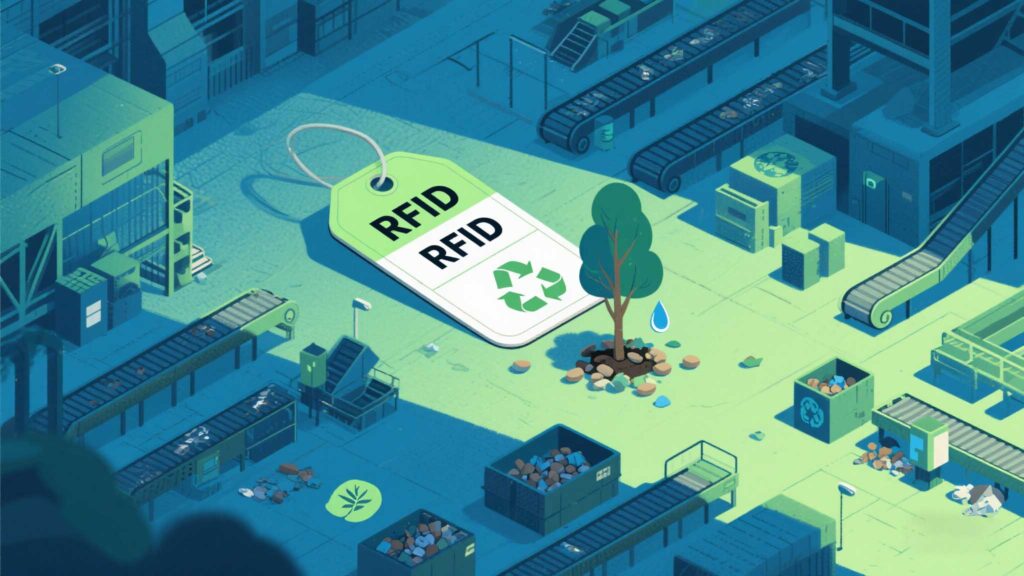Can Fixed RFID Readers Withstand Extreme Temperatures?
449Discover if fixed RFID readers can operate in extreme temperatures. Learn how Cykeo’s industrial-grade solutions handle freezing cold, intense heat, and harsh environments.
MoreAll RFID Product
RFID tags, while efficient for tracking, pose environmental risks when improperly discarded. Their layered construction—plastic, metal antennas, and silicon chips—complicates recycling and contributes to e-waste, microplastic pollution, and toxic chemical leaching. Below, we analyze these impacts and provide actionable strategies to mitigate harm through sustainable design, recycling programs, and regulatory compliance.

Cykeo’s tags incorporate 30% recycled PET and are compatible with standard paper recycling streams. Their Zero-Waste RFID initiative aims to eliminate landfill contributions by 2030 through modular designs and chemical-free chip detachment.
Discover if fixed RFID readers can operate in extreme temperatures. Learn how Cykeo’s industrial-grade solutions handle freezing cold, intense heat, and harsh environments.
MoreDiscover the best handheld RFID readers for small business inventory management. Compare budget-friendly options, UHF performance, and software integration for retail, warehouses, and startups.
MoreDiscover the average battery life of handheld RFID scanners and factors that impact longevity. Learn how Cykeo’s solutions optimize power for all-day use.
MoreDiscover the top RFID readers for warehouse automation. Learn how Cykeo’s advanced systems boost accuracy, speed, and scalability in logistics and inventory management.
More